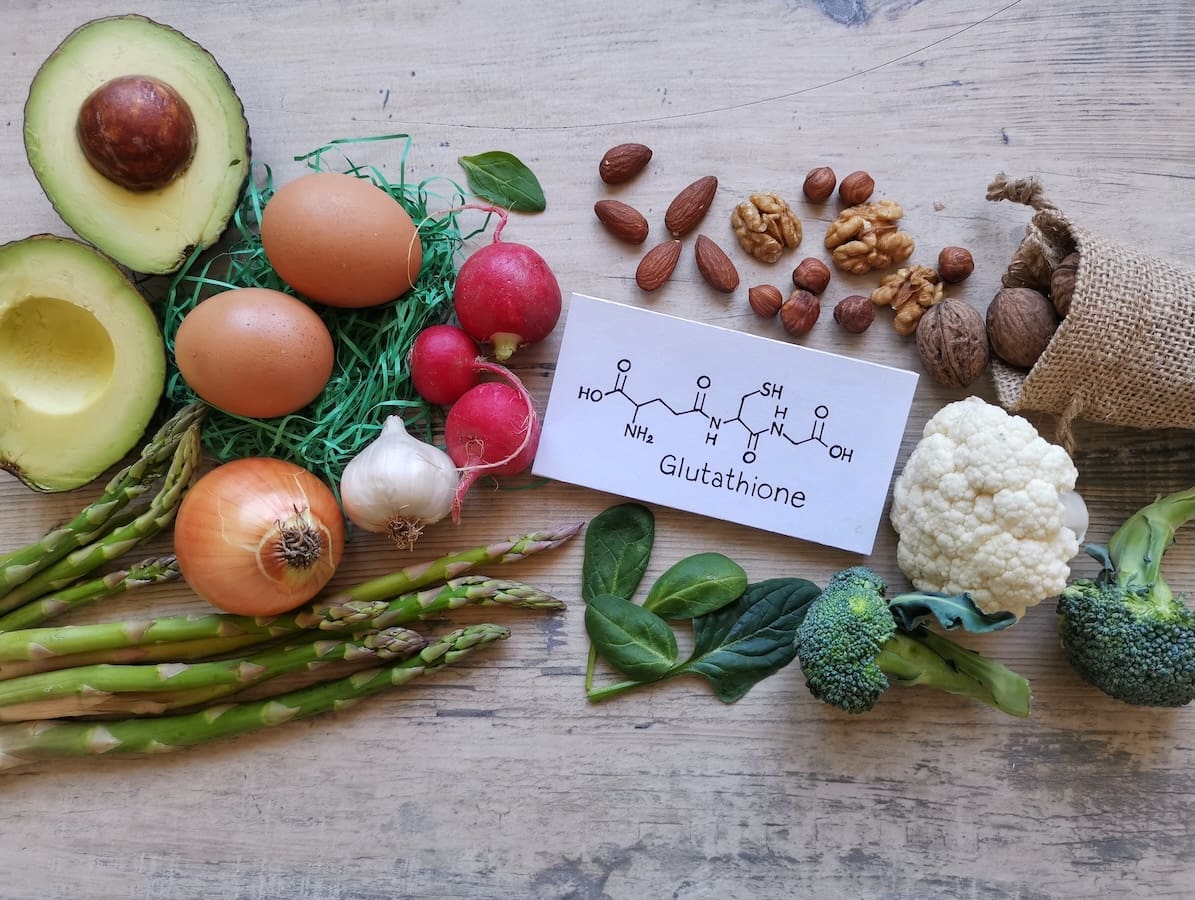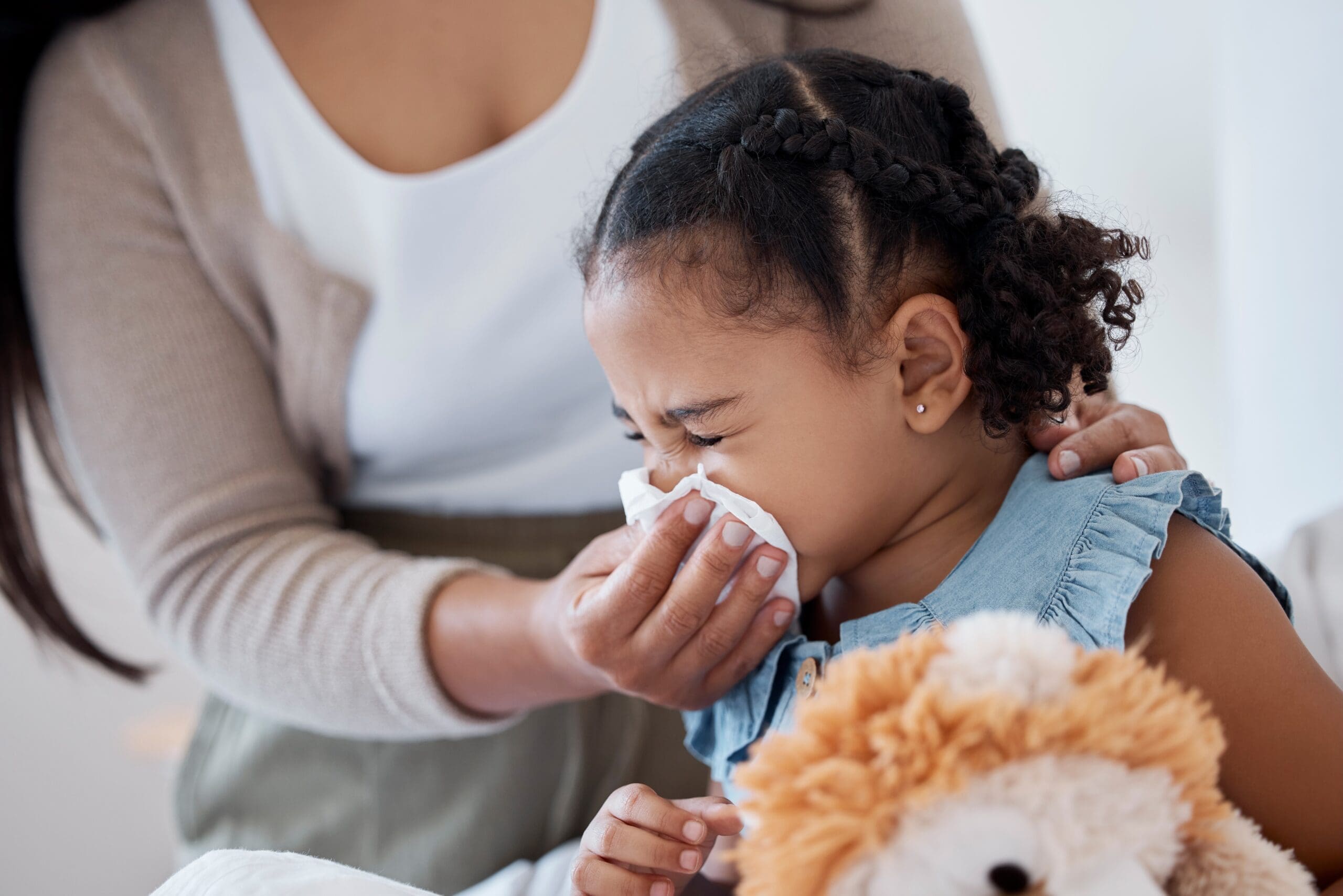Loneliness hinders your immune system
By naturopath Margaret Jasinska
Lonely people are more likely to suffer with poor health. Now research is uncovering exactly how this emotional state impacts the immune system.
A large body of research has linked loneliness with higher rates of all sorts of diseases, including Alzheimer’s disease, cancer and heart disease. If a lonely person is diagnosed with a serious disease, they tend to have a poorer outcome.
The white blood cells of lonely people behave in a way that increases inflammation in the body. Inflammation is an underlying driver of conditions such as allergies, autoimmune disease and pain. The immune cells also produce lower levels of antiviral compounds called interferons. This places a person at higher risk of infections, and it can take longer to overcome an infection.
A recent study published in the Proceedings of the National Academy of Sciences looked at 141 people over the space of 5 years. Each year researchers measured how lonely the people felt and conducted blood tests to look at the activity of immunity and inflammation. They also measured blood levels of the hormone noradrenalin. This is a hormone we normally produce while stressed.
Results showed that lonely people experienced higher blood levels of noradrenalin for longer. So essentially their bodies felt stressed out much of the time. The genes in stressed people reduced the body’s sensitivity to the hormone cortisol. Cortisol is normally supposed to reduce inflammation in the body, but in lonely people it doesn’t happen as effectively.
Humans are social creatures. We need contact with and support from other people. Unfortunately modern living has created an epidemic of lonely people. It’s not just older individuals who live alone who experience loneliness. It can affect people of any age who seem to have busy, active lives. If you feel like you don’t have enough close friends for emotional support, perhaps try engaging in a new recreational activity, such as a yoga class, dance class, self defence class, book club; anything that interests you would do.
Perhaps you could volunteer at a nursing home or local animal shelter. You never know who you’ll meet and how it could impact your life. There are so many animals at pounds that would love some companionship. If you’re not in a position to adopt a pet, perhaps visiting and walking the dogs is an option.
Loneliness is just one factor that can impair immunity and raise inflammation. Lack of sleep, insufficient exercise, alcohol, sugar, stress and lack of vegetables are just a few. Selenium is a mineral that supports healthy immune system function. It also reduces free radicals in the body and can reduce mild muscle inflammation.
For more information about immune health see our book Healing Autoimmune Disease: A plan to help your immune system and reduce inflammation.









Leave A Comment